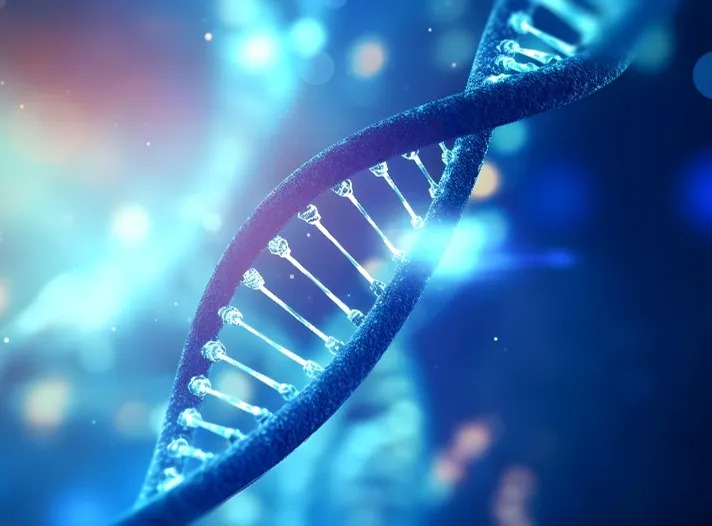

Eli Sprecher, Israel
Saturday, 14 Oct 2023
10:15 – 10:40 CEST
The past two decades have witnessed unpreceded advances in our understanding of the of genetic skin diseases. Data gleaned through the study of those conditions has uncovered many pivotal aspects of skin biology and improved our approach to their diagnosis and management. More specifically, the deciphering of the pathogenesis of genetic skin diseases has forced us to revisit their classification and has contributed to the discovery of numerous genetic and environmental factors that can influence the clinical expression of genetic defects, thus seriously affecting our approach to prenatal diagnosis and/or the counselling of families at risk for those disorders
Novel genetic modifiers have been identified in epidermolysis bullosa, ichthyoses and other genetic skin diseases. These discoveries are not only relevant to rare single-gene traits. The discovery of the cause of simple traits is increasingly found to be of relevance to the understanding of more complex multifactorial diseases. For example, an ultra-rare disease, the uncombable hair syndrome and central centrifugal cicatricial alopecia, the most common form of scarring alopecia among women of African origin, have been found to be allelic conditions. Finally, this new knowledge is now systematically translated into novel approaches to the treatment of a steadily growing number of genetic skin disorders, rare and common alike, including hypotrichosis and psoriasis.





